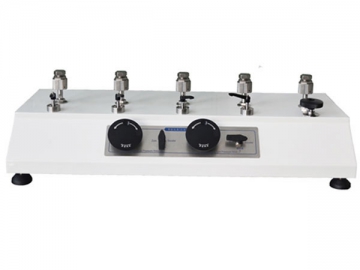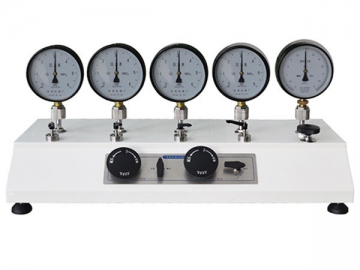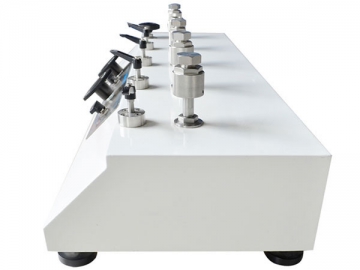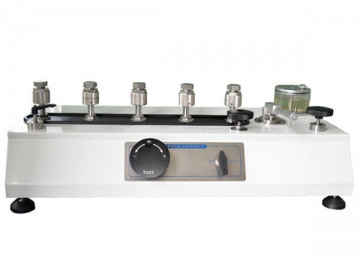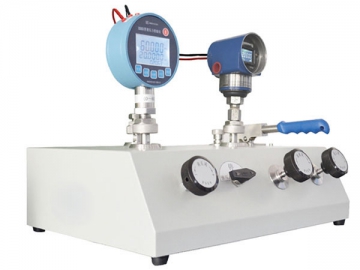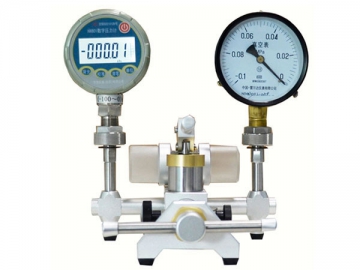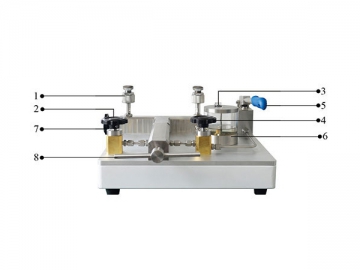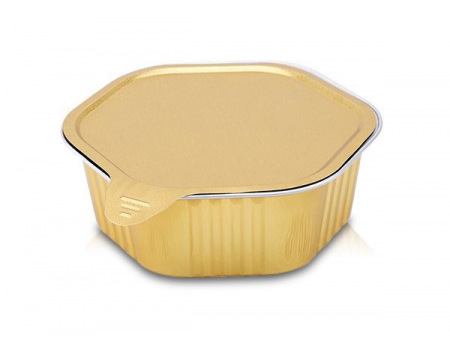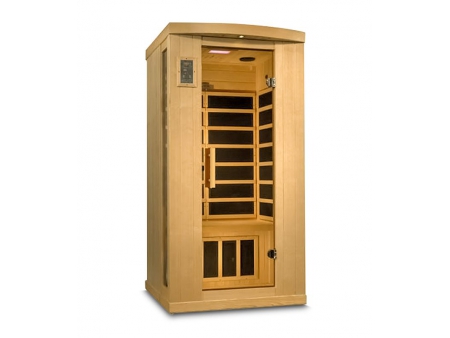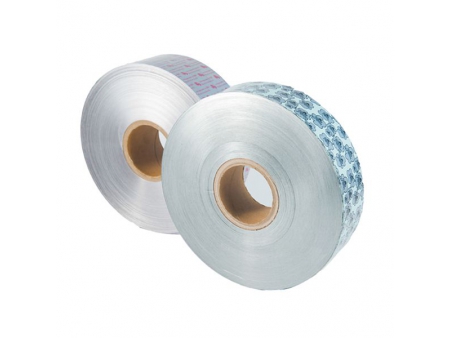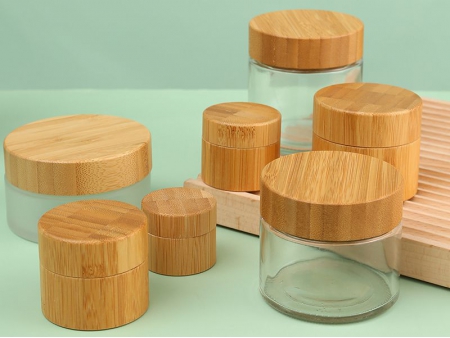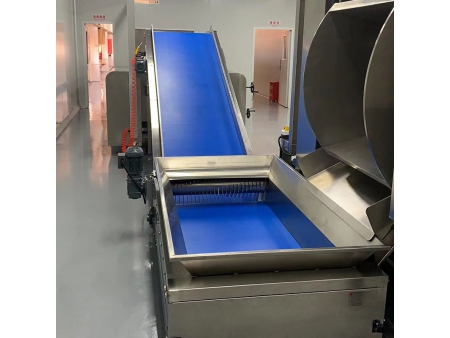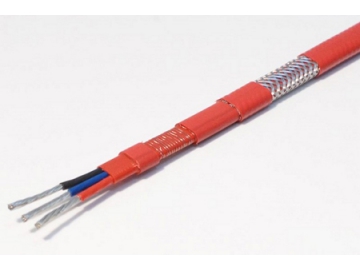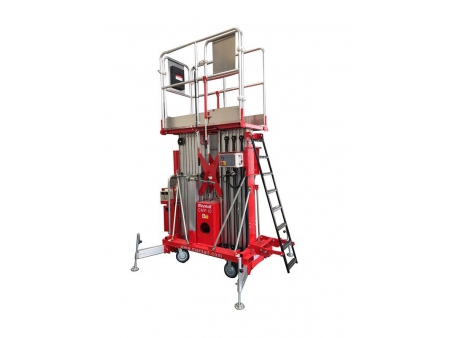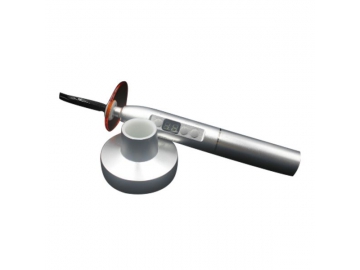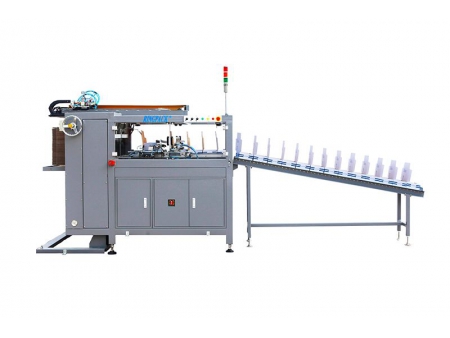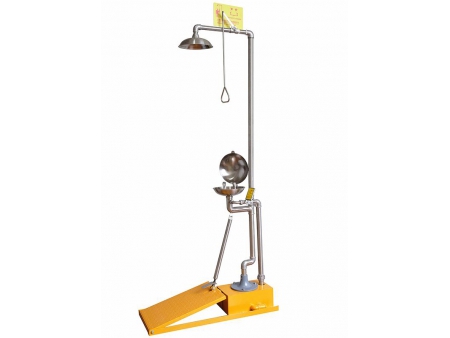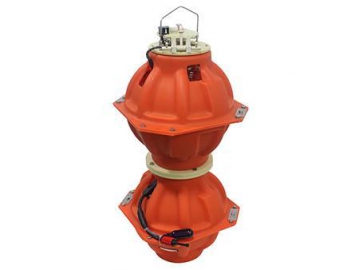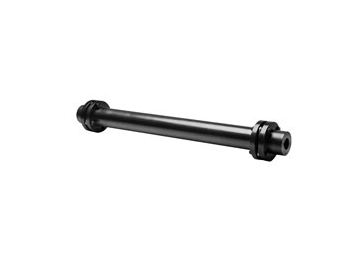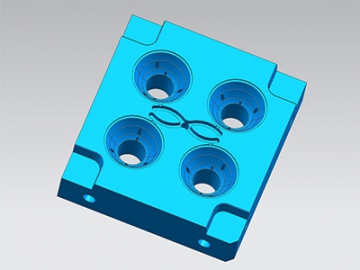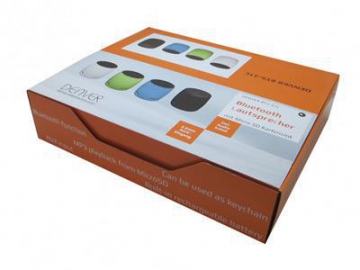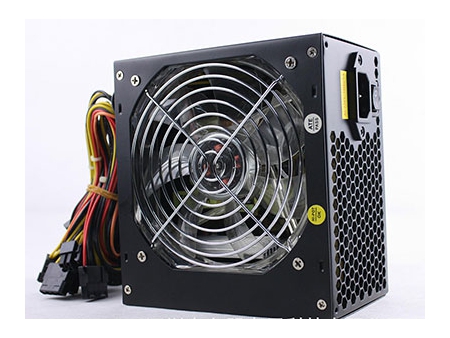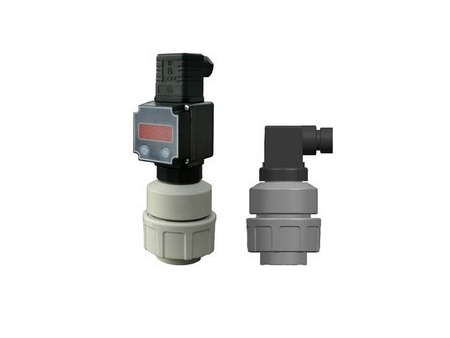Electronic Pressure Comparator HS316L&HS317L
Product Description
Electronic pneumatic comparator provides the accuracy, stability, efficiency and capability you need to calibrate pressure gauges, transmitters, switches and other pressure instruments through comparison measurements. It is suitable for mass and repeat calibration needs in power, chemical, oil, metallurgy, metering and other industries.
Features
1. External air source is used for priming instead of hand pump.
2. Steady servo control ensures fast and precise pressure generation.
3. 5 pressure ports with standard M20*1.5 quick connectors allow simultaneous calibration of 4 pressure gauges, ensuring higher efficiency.
4. Accuracy of the pressure regulator reaches 1kPa.
5. Excellent sealing performance makes the pressure calibration system easy to clean and maintain.
6. The electrical pressure comparator can complete full range calibration within 2 minutes and time for pressure stabilizing is less than 5s.
7. Air circuit features rugged and reinforced construction. This leads to high sealing performance and more stable pressure generation.
Technical Specifications
Pressure range: 0~25bar (HS316L); 0~60bar (HS317L)
Working medium: Air
Materials: Steel for body; stainless steel for outputs
Pressure connection: M20*1.5 female
Dimensions: 850Lx320Wx250H (mm)
Weight: 24kg
Packaging: plywood box
Working environment: Laboratory
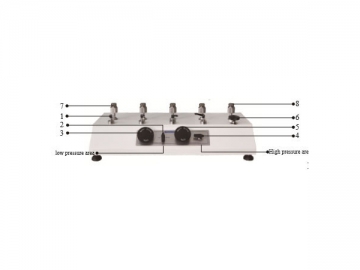
Components of the Electronic Pressure Comparator
1. Shut-off Valve
It is used for corresponding output. Close it by turning clockwise to shut off the connection between this output and the system.
2. Switching (low pressure area)
With 3 selectable positions—"Zero, Stop, Booster"
3. Pressure Regulator (low pressure area)
Please turn it clockwise toward " " to conduct pressurizing in advance, and decrease pressure by turning it anti-clockwise toward "-".
4. Switching (high pressure area)
With 3 selectable positions—"Zero, Stop, Booster"
5. Pressure Regulator (high pressure area)
After priming, turn the regulator clockwise toward " " to get higher pressure, and turn it anti-clockwise toward "-" to decrease pressure.
6. Drain Valve
Open it by turning anti-clockwise to drain impurities such as oil in the pressure comparator. It has to be closed before pressure generation (clockwise).
7. Pressure Ports (Outputs)
There are five pressure ports. One is designed for reference gauge and the others for gauges under test.
8. Plug
Tighten it up when not in use to prevent dust and other matters.

